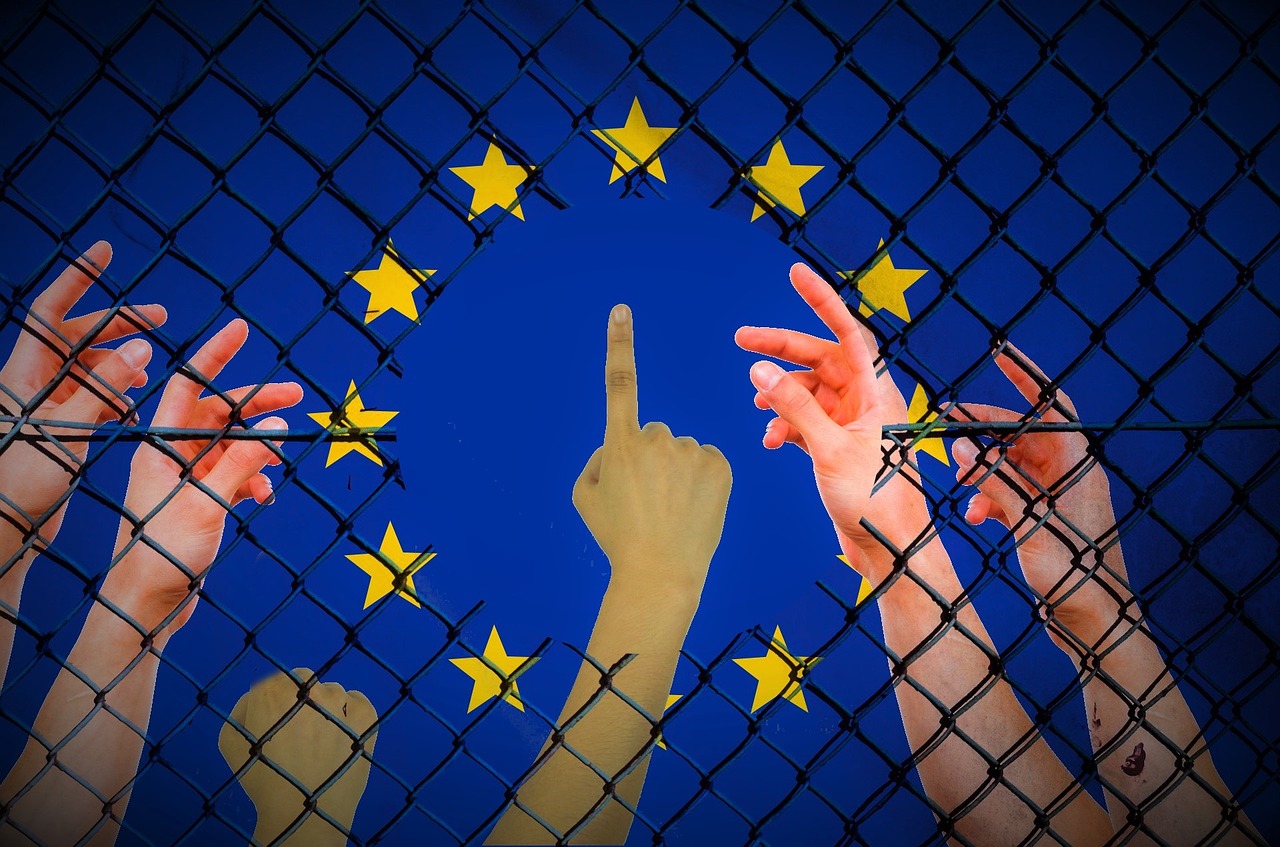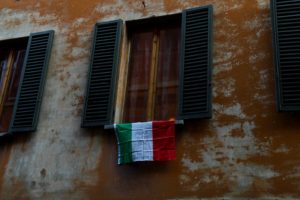In Europe, what was known as the “migrant crisis” in 2015 never quite ended, but it did disappear from headlines. Five years later, the wars and economic conditions that migrants fled in 2015 are just as prominent, and as more prosperous countries have closed their borders, many are finding new routes into Europe via Greece, Cyprus and the Western Balkans.
The European Union has been cracking down on border security and many migrants and asylum seekers have navigated circuitous routes into the EU by crossing Greek islands or through land borders into the Western Balkans. But this places the massive burden of sheltering thousands of migrants on already weak economies, and leaves migrants in crowded, unsanitary conditions. While the total number of migrants fleeing war and poverty has decreased, the continued instability in parts of the Middle East and North Africa, means migration trends are not likely to recede. Most recently, on Thursday, a boat carrying 91 migrants went missing as it was crossing the Medterranean from Libya.
In 2016, the EU made a deal with Turkey to prevent migrants and asylum seekers from crossing into EU member states. Still, the number of migrants coming from Turkey into the Greek islands rose last year, according to the New York Times. While many intend to make their way to the heart of Europe for better employment prospects, thousands have wound up stranded in overcrowded refugee camps or detention centers in miserable shape. Furthermore, neither Cyprus nor any of the Western Balkan states have joined the EU’s Schengen agreement, which makes it more difficult to move between European countries.
In January, Cyprus, a tiny island split between Turkey and Greece, had the most refugees per capita in the EU. But while detention camps reach—and exceed—their limits, the EU has failed to come up with more permanent migration policies—meaning these overburdened countries wind up holding migrants indefinitely. On the Greek island of Lebos, 20,000 people have been living in a refugee camp meant for 3,000, and many have spent months waiting for their asylum applications to be processed.
In October, the Council on Europe’s Commission for Human Rights, Dunja Mijatović, said the situation for migrants in Greek Aegean islands, like Cyprus, “has dramatically worsened over the past 12 months. Urgent measures are needed to address the desperate conditions in which thousands of human beings are living.”
The situation has also left locals feeling overwhelmed and abandoned by the EU. Last week, island residents and officials protested outside of parliament in Athens after the government announced plans to build new detention centers to hold incoming migrants.
In a report by the New York Times, mayor of Lesbos capital Mytilene, Stratis Kytelis, said “Europe has put up walls against us, and trapped immigrants and refugees on our island.”
For those who try to enter the EU through the Western Balkans, many face similar barriers as those trying to cross through Greece.
In December, Mijatović referred to the conditions of a makeshift refugee camp in Bosnia and Herzegovina as “shameful” and called for its closure. Mijatović described the camp that was built in a former landfill and next to land-mined areas as having no running water and with “dire” sanitary and hygienic conditions.
He went on to say, “It is inhumane and unacceptable to keep people in such conditions.”
Refugees often come to Bosnia and Herzegovina in hope to enter the EU through the mountains that border Croatia. Many migrants found this new route after Hungary erected a wall on its southern border to prevent migration crossings.
In Bosnia, locals are more welcoming, because many Bosnians faced a refugee crisis themselves just two decades earlier. However, just across the border, they face violent deportations from Croatian police officers.
The EU allocated money to Bosnia to help attend to migrants, but due to the central government’s dysfunction, much of that money has not been spent.
PHOTO: Needpix






Be First to Comment